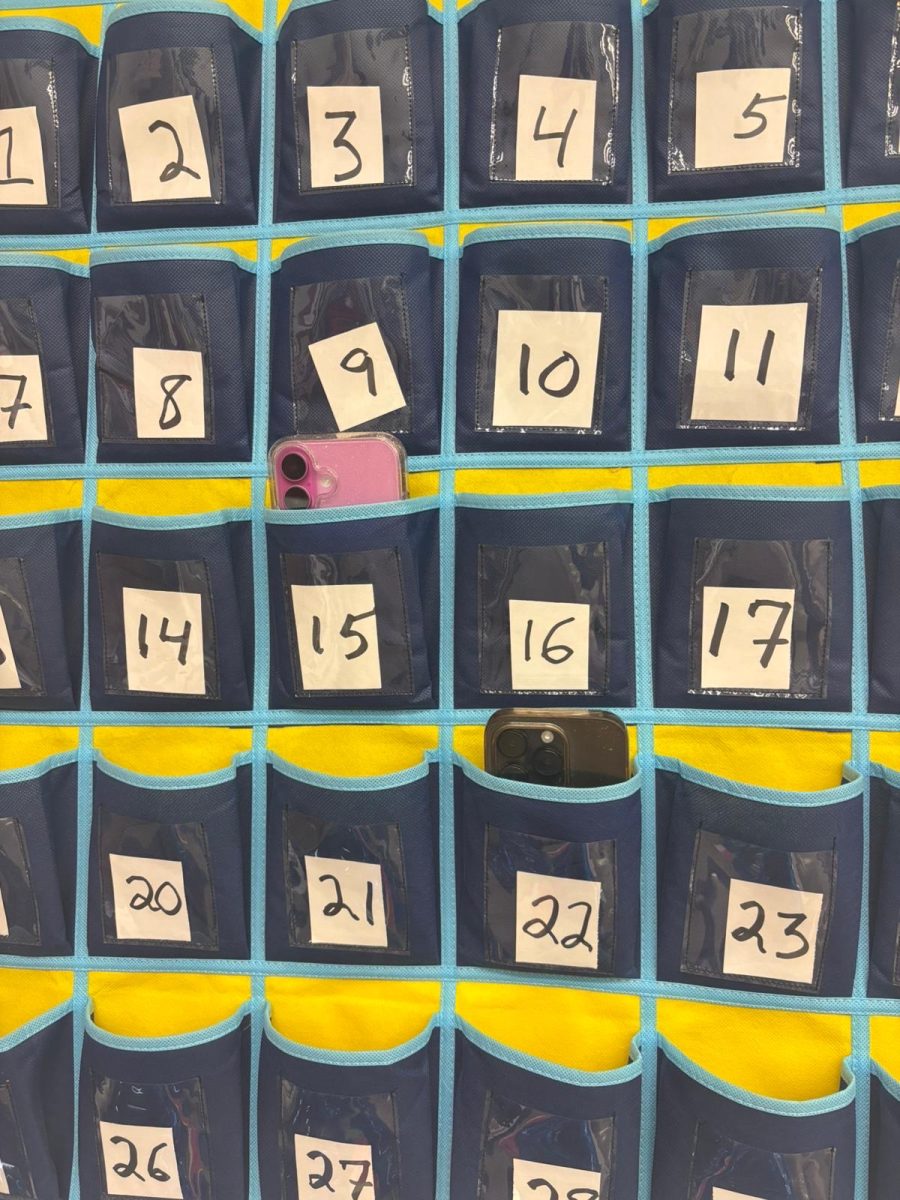As teenagers get older, there are more opportunities for them to get involved in their communities and find themselves work. Although many view jobs as an excellent way for teenagers to make money and become involved,others believe it to negatively affect their school and social lives. Jobs begin to hire most children at the age of 16, right in the middle of their high school careers. Many teenagers are paid minimum wage. Also most teens, due to their minor status, aren’t allowed to work more than 20 hours a week. Rules, like these, allow them to make pocket money while still focusing on their school work.
Working in high school teaches a child the value of money while allowing them to become more independent and responsible. When you get a job, there are new rules and regulations you must follow along with different procedures. Also, you must learn new ways of speaking to people as well. If you are a cashier, for example, you are responsible for the money in your till and you are expected to be kind to all customers no matter how they act toward you. This teaches you people skills and is coupled with responsibility and independence.
Not only does work teach you good principles but it also allows you to develop important skills for future careers. Experience in any job teaches you a strong work ethic and helps build your resume from a young age. Coupled with an impressive resume is the impact that an after school job has on college applications. Colleges are looking for responsible, independent students and one of the best ways to demonstrate responsibility is through a job. An article from US News states, “A report from the Harvard Graduate School of Education advocates colleges place more weight on students’ meaningful contributions to communities and less on academic achievements when making admissions decisions.” Colleges are beginning to shift some of their focus onto other skills along with academics.
Although the benefits far outweigh the disadvantages, there are some downsides to working that must be considered as well. An after school job can increase stress on a student. High school in itself is already stressful enough. When the hours of a job are added to a students work load, it makes their lives even more stressful. A job can also cause the student to become distracted in their academics or get less sleep in an attempt to focus on school. Lastly, teenagers can develop a negative view on work because of beginning to work at such an early age.
Overall, there are benefits and obstacles to balancing work and school. Jobs maybe cause increased stress and less sleep but they have to chance to give you an advantage over those who never got a job, not only in a school setting but in a work setting as well. If, as a student, you believe you can handle the responsibility of a job, then it would be very helpful for you to go out and get one.











